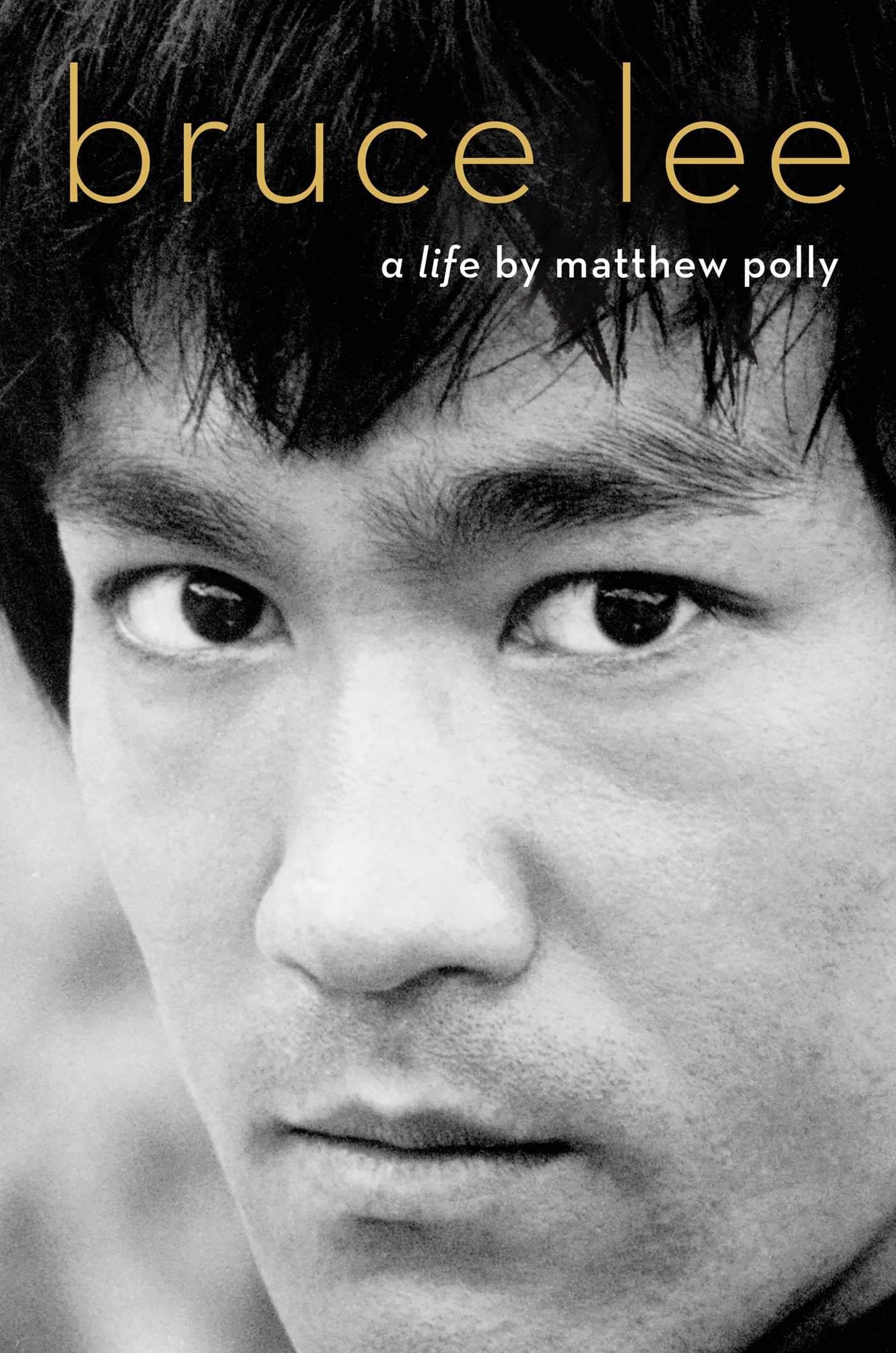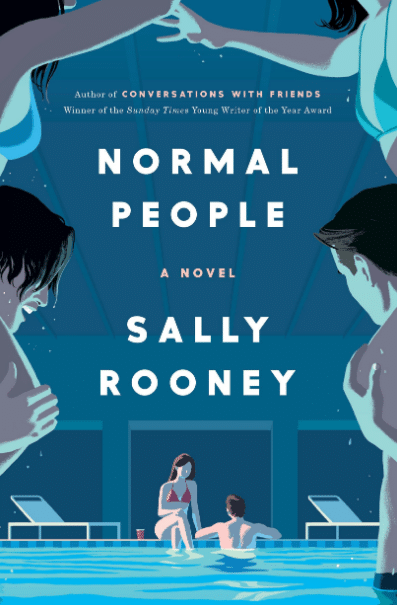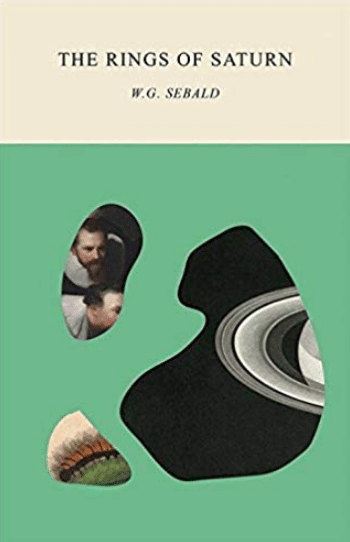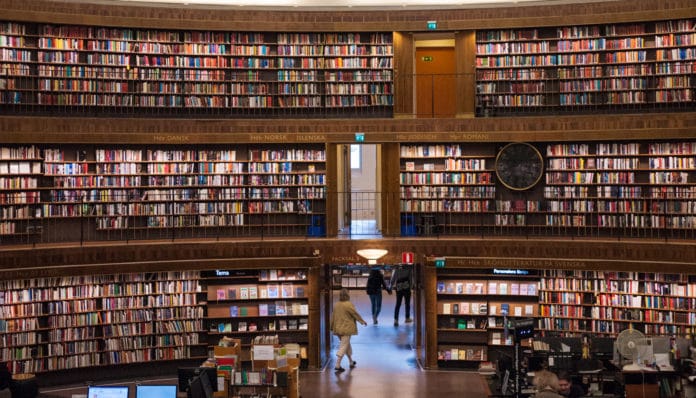Within the AGEIST network, we have some very big thinkers who read a tremendous amount. In fact, there seems to be a relationship between reading and having a big brain, but that is for another day.
As our own ability to digest vast quantities of print is finite, we reached out to our people who we know read a ton to ask them what they most enjoyed reading this past year and why. We didn’t set the guard rails as tight as saying the book had to have been published this year, just that they read it this year. You may notice some commonalities which is interesting, as the people we spoke with don’t know each other.
Once we get the coding implemented, we will be initiating The AGEIST Book Club on the site in the new year, and we may be using this list as a starting point for our first book.
Tracy Chou, software engineer, London recommends:

Why We Sleep: Unlocking the Power of Sleep and Dreams Matthew Walker
Winners Take All. The Elite Charade of Changing the World Anand Giridharadas
AI Superpowers: China, Silicon Valley, and the New World Order Kai-Fu Lee
This Is Going to Hurt: Secret Diaries of a Junior Doctor Adam Kay
Bad Blood: Secrets and Lies in a Silicon Valley Startup John Carreyrou
Killers of the Flower Moon: The Osage Murders and the Birth of the FBI David Grann
Skin in the Game: Hidden Asymmetries in Daily Life Nassim Taleb
Jonathan Cheung, head of design at Levi’s recommends:

Bruce Lee: A life Matthew Polly
Poor Charlie’s Almanack Charlie Munger
Antifragile: Things that Gain from Disorder Nassim Taleb
Why We Sleep: Unlocking the Power of Sleep and Dreams Matthew Walker
Johanna Thomas-Corr, our friend and book reviewer writing in the London Evening Standard:

I’ve heard many critics say 2018 wasn’t a great year for fiction but there were at least a dozen novels that I’ve really cherished. Sally Rooney’s Normal People and Anna Burns’ Milkman reinforced my sense that Ireland is producing some of today’s most exciting literary talent.
I loved Andrew Miller’s Now We Shall Be Entirely Free a finely wrought cat-and-mouse thriller set during the Napoleonic Wars that didn’t get the attention it deserved. And André Aciman’s profound, transporting novel, Enigma Variations made me consider the extent to which we humans are at the mercy of our secret and suppressed desires. To that end, we should all read William Davies’ Nervous States: How Feeling Took Over the World, a concise, penetrating exploration of the role played by negative emotions in our recent politics and culture.
I Will Be Complete, Glen David Gold. Wonderful memoir about a riches-to-rags childhood in California thanks to a very sketchy mum and an elusive dad. Reads like a Donna Tart novel with amazing characters.
The Mermaid and Mrs Hancock, Imogen Hermes Gowar. Really fresh, riveting and bawdy historical fiction.
Warlight, Michael Ondaatje. Beautifully poetic story of espionage.
Happiness, Aminatta Forna. Has one of the most joyous protagonists, an expert in war trauma called Attila.
The Silence of the Girls, Pat Barker. Wonderful re-telling of Iliad from the perspective of the Trojan women who became slaves to the Greeks. V accessible and compelling.
Washington Black, Esi Edugyan slave caper that got longlisted for Booker Prize. A real global steampunk romp.
Unsheltered, Barbara Kingsolver. I adored this book that has a dual narrative (modern one much better). It’s the best book on the precariat and modern family tensions I’ve read.
Middle England, Jonathan Coe. Perhaps one for Europe rather than US but very, very funny novel about recent UK history from comic genius and all-round lovely guy, Jonathan Coe.
David Harry Stewart, founder, AGEIST:

The Rings of Saturn, W.G. Sebald. A book for the visual, without being visual itself. Filled with descriptions and feels of a photographer, without having anything to do with photography, but more with the memory and meaning of moments. The most enjoyably surprising book of my year. Recommended to me by Beatrix Ost.
Cryptonomicon, Neal Stephenson. Recommended by my fellow TEDx speaker and voracious reader, Paulina Porizkova. This book was initially tough, as the obvious comparisons to Pynchon’s Gravity’s Rainbow echo in the background, but in the end it won me over. Revel in the rabbit holes it takes you down and the minutia of maths and crypto (secret code).
Prisoners of Geography: Ten Maps That Explain Everything About the World (Politics of Place), Tim Marshall. Recommended to me by the British journalist and friend Richard Godwin, it is a fascinating tale of how where we live orients our most fundamental thinking. Thus, Russians are forever worried about invasion from the west, and Britain is forever held by an island mentality. Equally applicable to any part of the world, and very helpful to my understanding of domestic American politics.
Cloud Atlas, David Mitchell. A dreamy multi-timeline-interlaced journey that is part sci-fi part historical fiction, illustrating the linkages and echoes of the past as it affects the future.
Shoe Dog, Phil Knight’s story of how he built Nike. Particularly prescient here as we are constantly struggling with the some of the same issues Nike did. An inspiration to anyone starting a new venture.
How to be a Good Creature, Sy Montgomery. I mentioned this one in my 3 things a couple of weeks ago, and it continues to be top of mind a month after I finished it. Partially because I have always had an animal affinity, and partially because my loyal chihuahua Nina is now 16, and requires a lot of attention, for which, as she points out, it is a great honor for me to provide.
Poems, Elizabeth Bishop. I came upon Bishop’s works decades ago in the original NYC subway series Poetry in Motion, with her poem… and never forgot her. Because a lot of what I do here is write, and sometimes words prove elusive, I’ll pull this one down, open it to a random poem, read it, and get myself ready to write.
Antifragile, Nassim Taleb. Jonathan Cheung and I have a fondness bordering on reverence for this book. Dense with knowledge, funny while being filled with description on long tail option theory and its relationship to ancient stoics, it’s a book I recommend to all our brand clients. To understand AGEIST people, it is helpful to understand the concept of fragile vs robust vs anti-fragile. This is not an easy read — it took me almost a year to get through it, and I keep going back to it. It is the antithesis of the sound biteable Silicon Valley biz book. Every page is worth reading. The guy is a genius.



[…] Best Books from 2018: Fiction and Non-Fiction […]